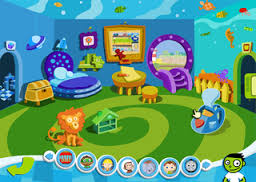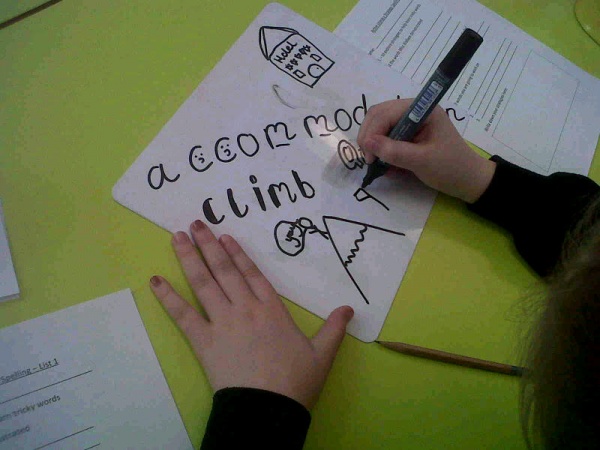 Suzanne Zeedyk is currently Senior Lecturer in Developmental Psychology at Dundee University. Suzanne’s work focuses on parent-infant relationships. She is frequently invited to speak to groups of parents and professionals on the importance of such relationships, and how babies’ early experiences influence the development of their brain, bodies and psyche.
Suzanne Zeedyk is currently Senior Lecturer in Developmental Psychology at Dundee University. Suzanne’s work focuses on parent-infant relationships. She is frequently invited to speak to groups of parents and professionals on the importance of such relationships, and how babies’ early experiences influence the development of their brain, bodies and psyche.
For more information, please visit the following website: http://www.educationscotland.gov.uk/earlyyears/prebirthtothree/nationalguidance/conversations/suzannezeedyk.asp







